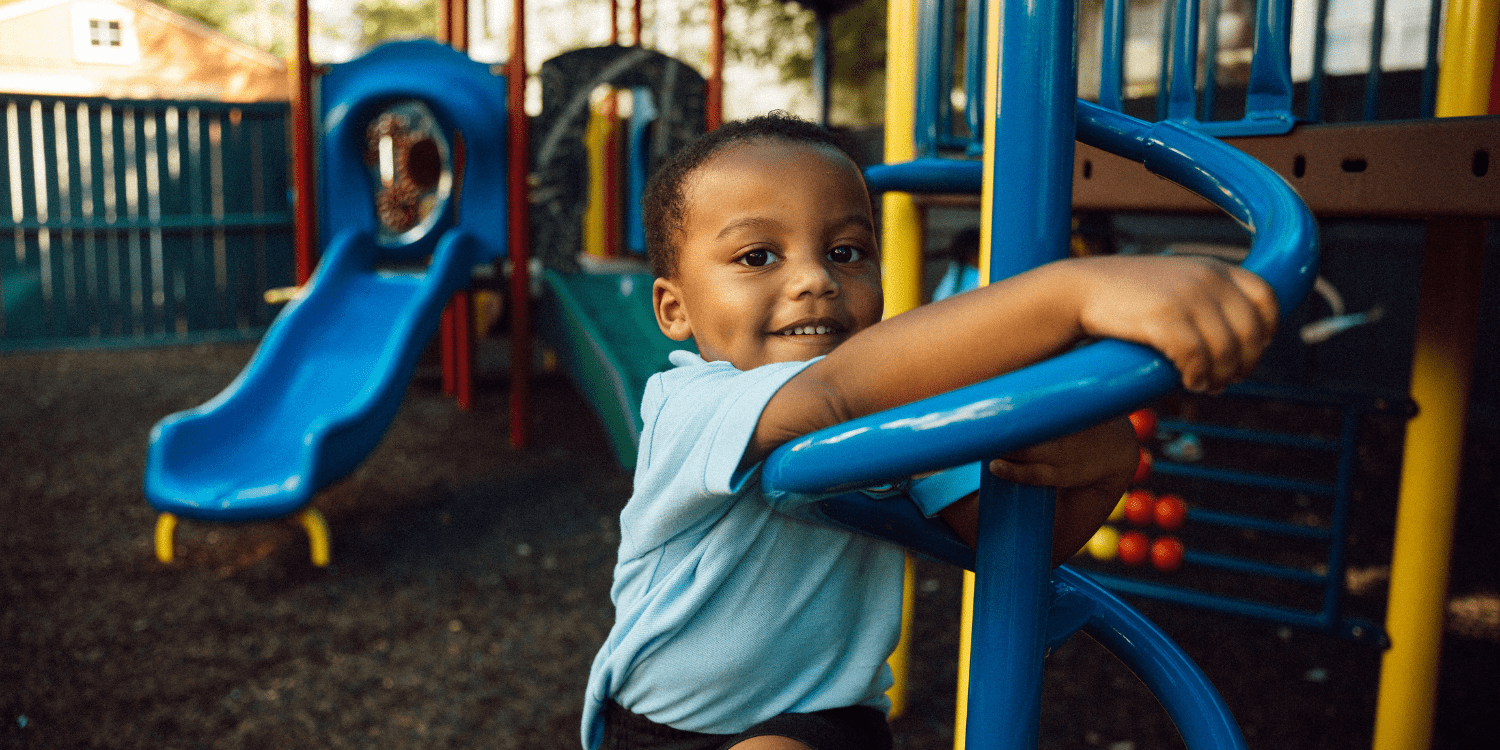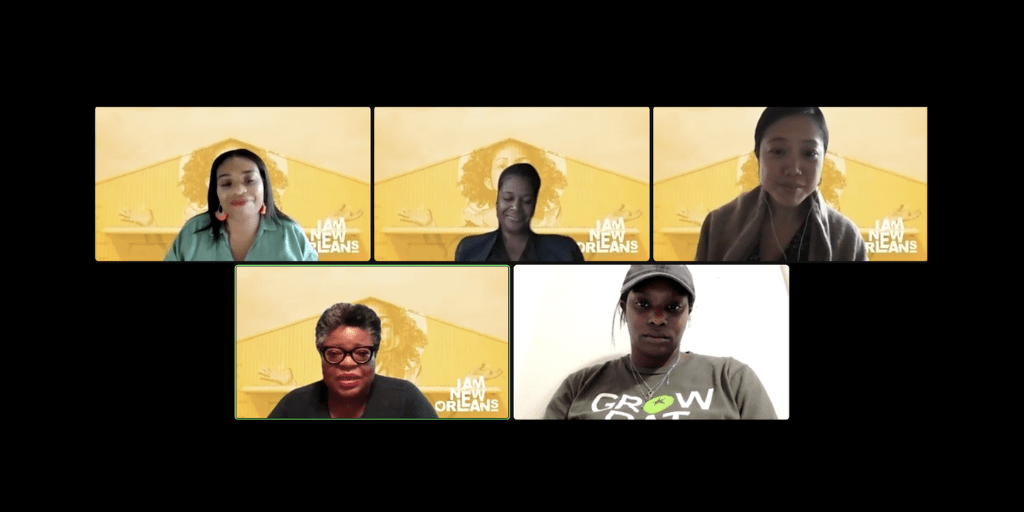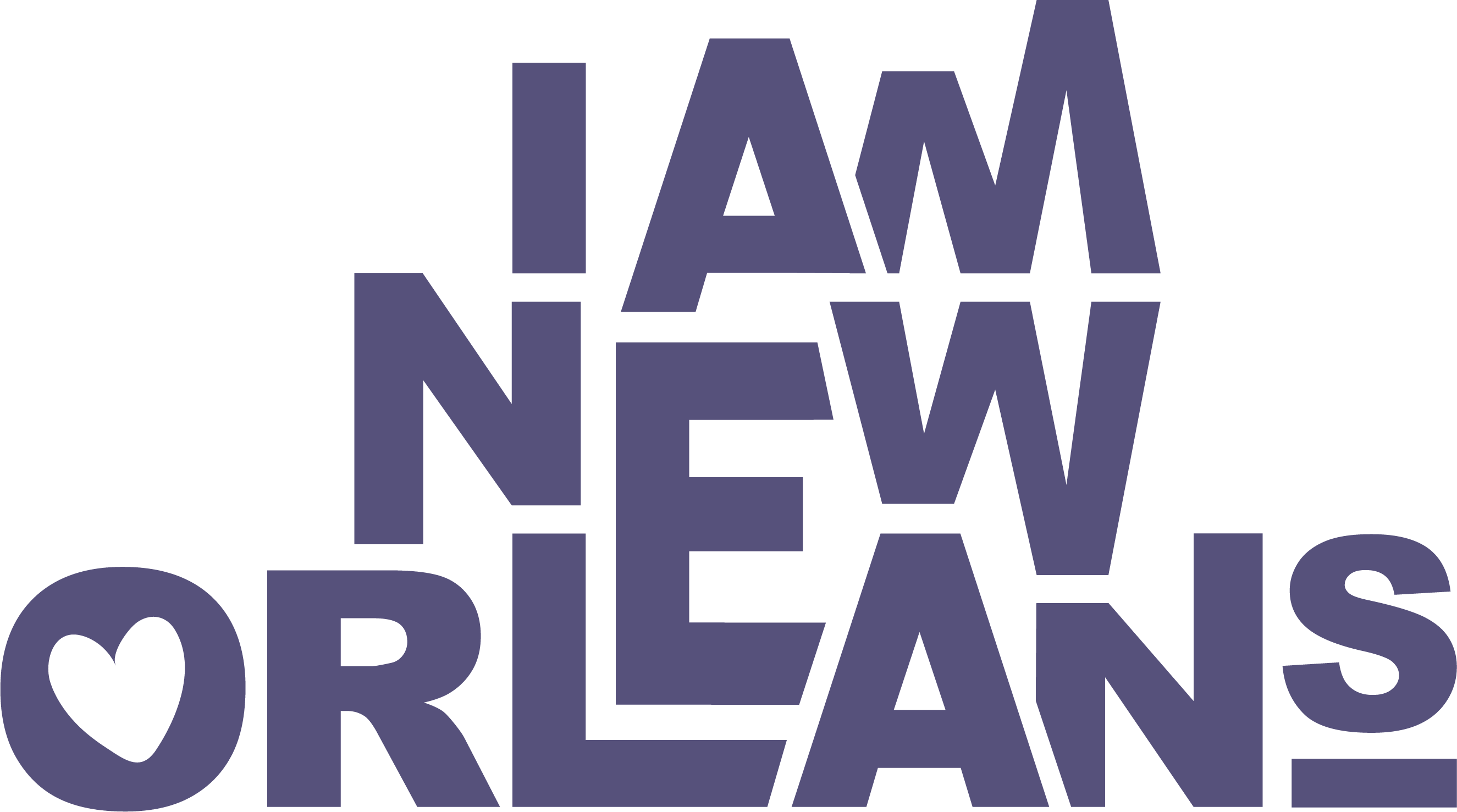A Child’s World: How Environmental Justice Builds a Better Future

In Brief
During the peak of hurricane season, a panel of community experts discussed how a child’s environment can affect their mental, physical and behavioral health, as well as how to protect our communities from immediate threats.
The conversation was part of the I Am New Orleans conversation series focused on issues of racial equity.
At its core, environmental injustice is the identified purposeful degradation, pollution and neglect of a community. Jessica Dandridge, executive director of The Water Collaborative, says communities of color are most impacted by environmental justice, but they often lack the resources, capital and knowledge to advocate for their rights.
In New Orleans in particular, environmental justice and the impacts of climate change go hand in hand. Ensuring resources like disaster relief funds benefit those most impacted is a gateway into equal protection. “It’s a start,” Dandridge says.
Why This Matters
Environmental injustice is rooted in colonization and westward expansion, but today it manifests in overlapping and cyclical ways. Causes stretch from air pollution and waste sites to food deserts and infrastructure. In addition, urban flooding, which New Orleans knows all too well, and its disproportionate impacts on people of color and low-income residents are causing families to face disaster displacement, water crises, family separation and much more before, during and after disasters.
“Better informing the community on disaster preparation and relief is a crucial first step,” said Beverly Wright, founder and director of the Deep South Center for Environmental Justice. “Residents need to know where they can turn when they need support, and it’s up to our government leaders to use their power to shift investments that benefit the communities who need it most.”
The Opportunity
Environmental justice is vital to the livelihoods of our communities and the foundation of our city’s youth. Improving the environment around us creates a safer space physically, mentally and emotionally. A child’s environment can make significant imprints on their development and can impact their quality of life as they enter adulthood.
To learn more about democracy-driven and equitable solutions to environmental racism, visit foundationforlouisiana.org/climate-justice/.

Full panel discussion
Related Links
- CDC: Caring for Children in a Disaster
- Culture Aid NOLA
- The Data Center: Toward an Equitable Blue-Green Economy in Southeast Louisiana
- Health Community Services: The Benefits of Community-Driven Green Infrastructure
- The National Child Traumatic Stress Network: Hurricane Resources
- New Orleans’ Energy Smart Program
- New Orleans Youth Alliance
- NOLA Ready
- Pediatric Environmental Health Center: Questions About Mold
- Taking Steps Together on Equity & Climate Change: A Report by and for New Orleanians
- Volunteer: Sankofa Community Development Corporation
- The Water Collaborative: Public Programs
- Deep South Center for Environmental Justice Internship

